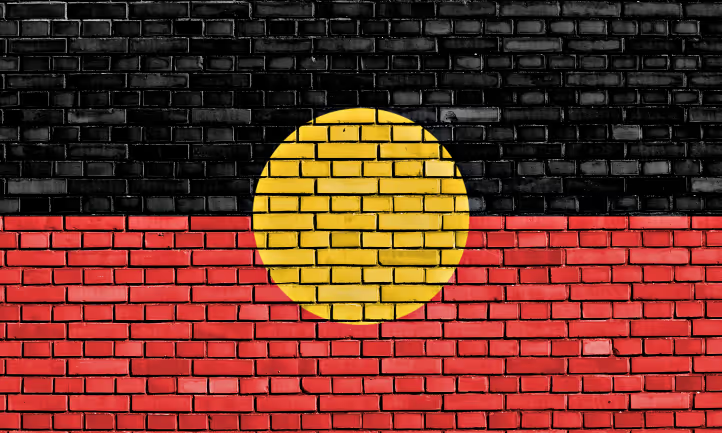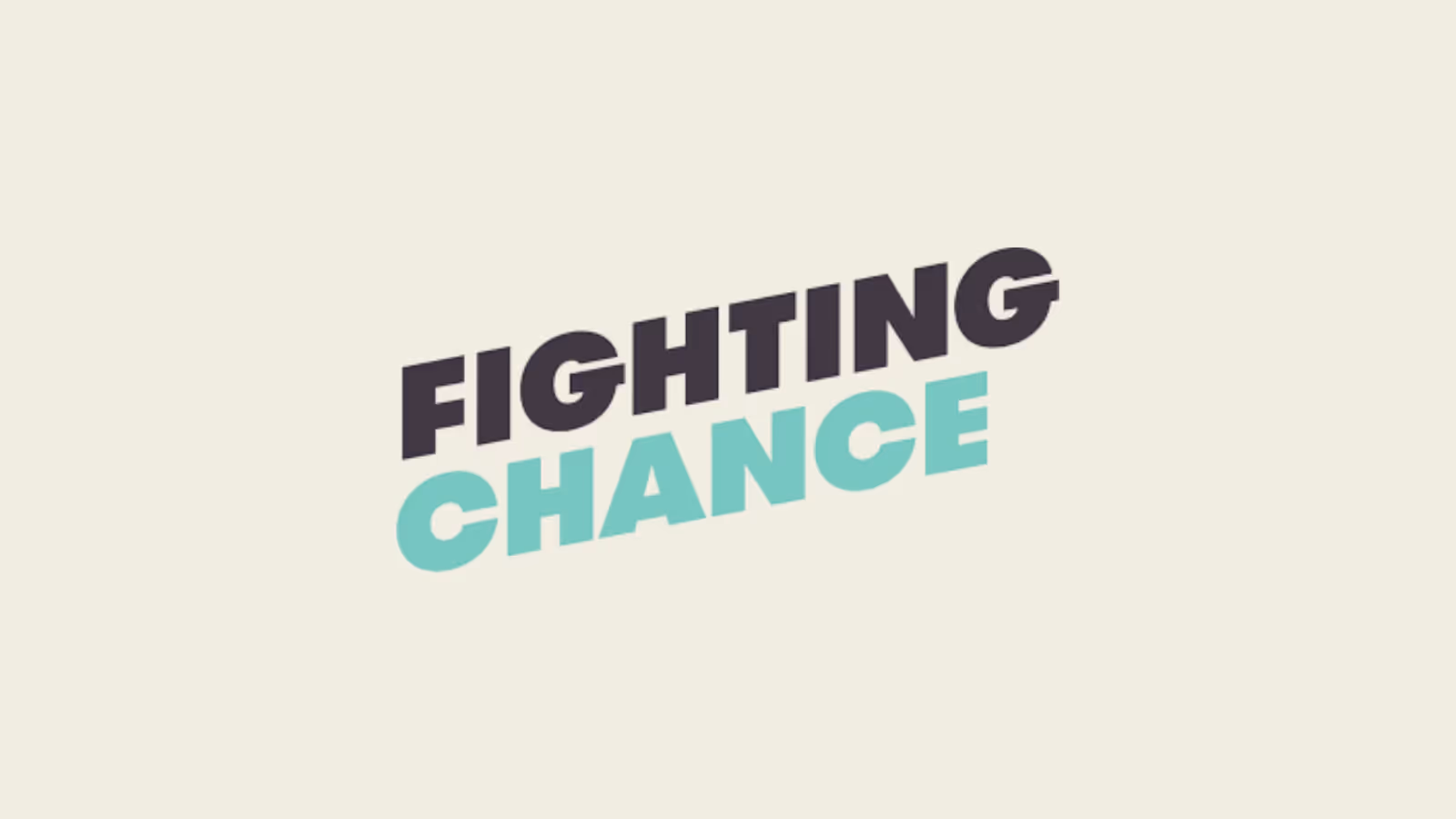Five culturally competent ways to support First Nations workers
Five culturally competent strategies to support First Nations workers’ wellbeing.

Australia’s Aboriginal and Torres Strait Islander (First Nations) populations face ongoing challenges when it comes to mental health. First Nations Australians experience higher rates of mental health issues than non-First Nations Australians, with First Nations peoples being twice as likely to die from suicide than non-First Nations Australians.
A large number of factors contribute to these mental health difficulties, including trauma, discrimination, and intergenerational trauma.
Trauma has been a significant issue for many First Nations Australians. Many First Nations people have experienced historical and intergenerational trauma, which has led to long-term mental health issues.
Historical trauma refers to the traumatic experiences that First Nations Australians have faced throughout history, including colonisation, forced assimilation, and stolen generations.
These events have ruptured the social, cultural, and spiritual connections that many First Nations Australians have with their heritage, leading to complex grief, anxiety, and depression.
Discrimination is another significant issue experienced by First Nations Australians, which can lead to mental health concerns such as ongoing stress, anxiety, and low self-esteem.
Racism has been a significant contributor to this, with many First Nations Australians reporting experiencing racism regularly.
Racism in the workplace, education, and healthcare can lead to a lack of adherence to necessary steps to improve mental health, so being culturally aware of Indigenous needs can assist in promoting mental wellbeing.
Intergenerational trauma also plays a significant role in many First Nations Australians’ mental health. Many First Nations Australians have inherited their trauma from previous generations, leading to long-term mental health issues for many communities.
The constant experience of discrimination and racism exacerbates this issue, leading to an ongoing cycle of mental health problems for First Nations Australians.
Five things you can do about this
Thankfully, there are many ways to support First Nations people in improving their mental health.
These actions can include understanding their cultural needs, engaging with First Nations cultural practices, and seeking advice from First Nations mental health professionals.
Traditional healing practices, such as yarning circles and ceremonies, are an important way of building community connections for many First Nations Australians. Family support and community connections are also incredibly important in promoting mental wellbeing.
Here are five culturally competent ways to help First Nations workers’ mental wellbeing needs:
1. Build trust and rapport to provide effective support.
It is necessary to establish trust and rapport with First Nations individuals. This requires engaging in meaningful conversations and active listening, while demonstrating respect for their personal experiences and cultural heritage.
Developing a strong relationship with First Nations workers will help them feel more comfortable sharing their thoughts and feelings, which can assist in determining the most appropriate support strategies.
You can do this by building rapport and asking workers about their cultural experiences and needs, rather than making assumptions. Let the worker know you are open to feedback and actively seek it to improve engagement. For managers, checking in informally and providing regular supervision where you are asking open questions like “How are you travelling?” allow the conversation about workers wellbeing to happen.
Ensure your employees are aware of any existing culturally competent Employee Assistance Programs. Foremind EAP offers counsellors from a diverse range of backgrounds, including First Nations. You can be confident that Foremind EAP will offer culturally competent support to your First Nations workers.
2. Acknowledge cultural differences.
It is essential to recognise and acknowledge the different cultural experiences that First Nations persons have undergone when considering their mental health needs. Avoid making assumptions and stereotypes about First Nations cultures, and take steps to familiarise yourself with their customs, values, and beliefs.
This can help in understanding their needs and challenges as well as developing culturally appropriate strategies for support. It is important to note that every First Nations person has a unique perspective about their culture and needs.
It is also important to remember that First Nations workers may have caring responsibilities and cultural and/or community obligations outside of the workplace that non- First Nations co-workers do not have such as sorry business or other cultural responsibilities.
It is recommended to discuss and if possible, negotiate flexible working arrangements so employees are more likely to feel supported and valued.
3. Provide a safe environment and space.
Creating a safe and welcoming environment is crucial in supporting mental health.
This can be achieved by ensuring a physical and emotional environment, which encourages trust, hope, and collaboration. Recognise that First Nations individuals may feel uncomfortable sharing personal experiences and feelings with strangers who are not from their community.
Providing appropriate privacy and confidentiality while ensuring that First Nations persons feel heard and understood is critical in developing a safe space. Ask your worker if they would like to involve someone else in getting help for mental wellbeing support, this may be a family member, elder or even a friend.
Be mindful of gender differences between yourself and your worker, as this can prove to be a barrier to support. If possible, ask your worker if they would prefer same-gender support.
Provide an open-door policy for First Nations workers to discuss any issues they are having in the workplace.
Listen out for unacceptable behaviours in the workplace, like bullying and harassment.
Formally attend to any unacceptable behaviours and follow policies and procedures to address while ensuring your First Nations person is supported throughout the process.
4. Access cultural resources and support.
It is essential to develop appropriate referral networks where support can be accessed by First Nations persons. Ask your client about their support networks: often a First Nations person will refer to their family, a family unit can include what is considered extended family or even friends.
Seeking input from First Nations support services, elder knowledge and traditional healers can assist in developing accurate and culturally appropriate approaches for support.
Abiding by cultural protocols and consulting knowledge holders remains vital in ensuring that cultural values are respected and upheld while addressing mental wellbeing issues.
5. Empower First Nations individuals.
Recognising and encouraging First Nations peoples’ strengths within the community and workplace can increase their resilience and ability to manage their mental wellbeing independently.
Empowerment through culturally relevant education, training and career developments will contribute positively towards their well-being, employment tenure and career advancement.
To effectively support First Nations workers, it is necessary to recognise the unique cultural experiences that they have undergone, develop culturally appropriate strategies, and prioritise trust, respect, and rapport.
Understanding their unique circumstances and experiences is critical in developing and delivering effective mental wellbeing support to First Nations individuals.
By taking a culturally competent approach to mental wellbeing support, we can work towards reducing First Nations mental health disparities and contribute to a more equitable and inclusive society.
To make meaningful change, it is also necessary to recognise and address the underlying causes of First Nations mental health issues.
Acknowledging the impact of trauma, as well as addressing the ongoing effects of colonisation, discrimination, and racism, is a necessary step towards promoting First Nations Australians’ mental wellbeing.
The last word
Mental health is a significant challenge for First Nations Australians, and many factors contribute to the ongoing mental wellbeing issues faced by these communities.
However, a combination of culturally appropriate care, community support, and addressing the underlying causes of mental health challenges is necessary to support the mental wellbeing of First Nations workers.
It is essential to recognise that each experience is unique and requires individualised support to help individuals manage their mental wellbeing effectively. Foremind can support you and your workers on the journey towards better mental health for First Nations Australians.
If you want to know more about how you can support the wellbeing of First Nations Australian’s in your organisation get in touch and we can organise a discussion with Paul.
About Paul
Paul is a Male counsellor / psychotherapist who is a Murrungan (SE Arnhem Land), Mamu (Tropical North Queensland) man with European heritage.
Paul has an under graduate degree in Psychological Sciences from Griffith and a Masters of Counselling degree from the Australian Institute of Professional Counsellors (AIPC).
Paul has background experience as an alcohol and other drugs counsellor and worked within the field with men of diverse backgrounds and needs. He began Yilam Men’s Therapy with a view to strengthen the mental and social well-being of adult men from all walks of life.
Find out more about how we are improving mental health in construction!

Hello 👋 I’m Joel the founder of Foremind.
Are you ready for simplified support & compliance?
Latest insights
Answers to the frequently asked questions.
Email us at enquiries@foremind.com.au and we'll get back to you quickly with a response
Yes, we have culturally competent counsellors available, including those able to work with first nation and CALD employees.
Onshore on secure AWS Servers in Sydney Australia. All data is encrypted in transit and at rest and our entire team is located in Australia.
Employees can access our platform on any device (mobile, laptop, desktop, etc.) as long you have the website link - no need to download any app on devices. You wouldn’t need to enrol any of your staff individually.- When we do our onboarding, we ask for the first name, last name and email of all your employees, and send out an email invite to all them which will allow them to create their own individual account to access the platform. For new staff we can also invite them or provide you with a unique link to embed in your onboarding process, whichever is more convenient for you. We also kick things off with a launch webinar or video to make sure everyone is aware of Foremind and how to use it. We’ll also provide you with any collateral such as posters, QR codes, brochures etc. to help drive awareness and encourage people to create an account in the platform.
The support line is answered by our reception service 24/7. It is for urgent platform or session-related issues only (e.g. *“My counsellor didn’t show”*) or helping staff create an account.






